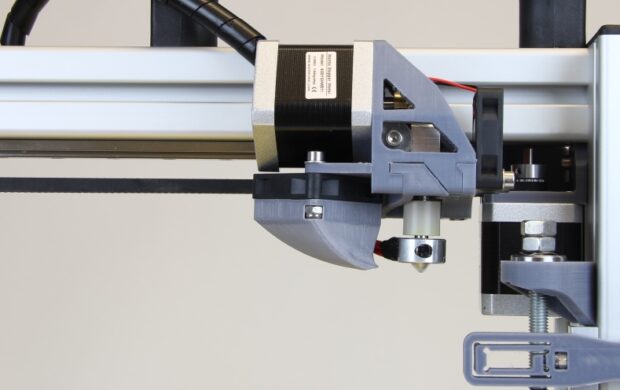The first freight train to run from China to the UK will arrive in London this week. The ‘East Wind’ locomotive will have travelled 7,456 miles and crossed eight countries over a 16 day journey, occupying a freight niche that is faster than a ship, and cheaper than a plane.
According to Professor Magnus Marsden, an anthropologist at Sussex University’s School of Global Studies, China is now purposefully opening up the old Silk Road routes for overland trade. “It’s a new economic geography,” he said. “This is the first train to the UK, but very much part of a new type of commercial route. The commodities are small. It’s not the big corporates who will be using this train, so it’s very much in the tradition of the Silk Road, giving opportunities for those who are in fact the inheritors of those ancient traders today.”
The new train will run weekly from Yiwu in Western China while demand is tested by China Railway. Fourteen other European cities also now have direct rail links to Yiwu, including Madrid and Hamburg.













